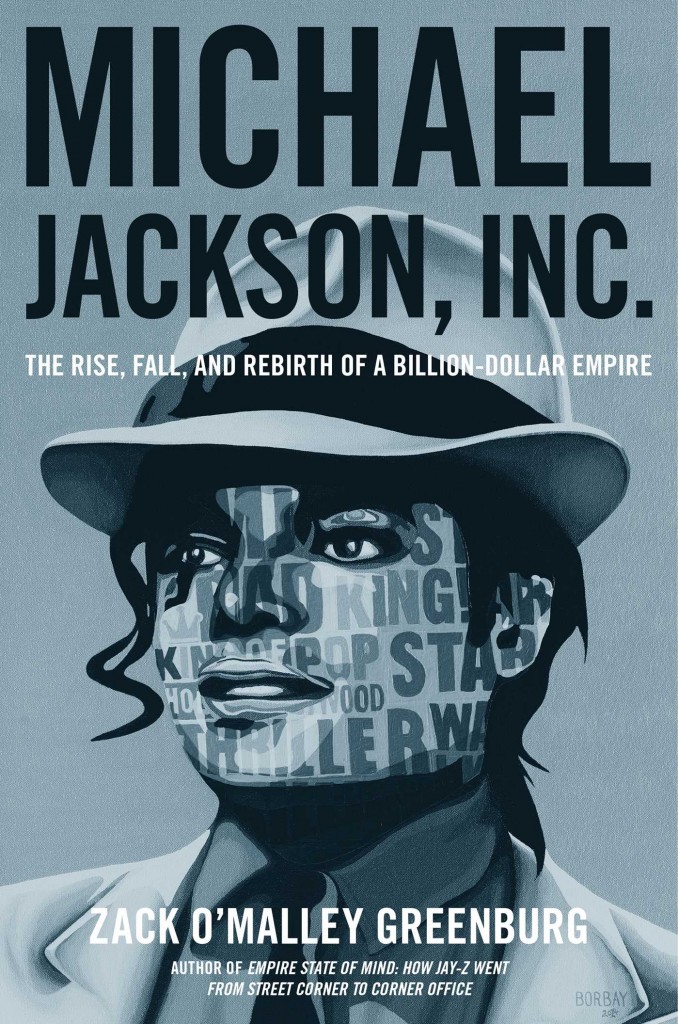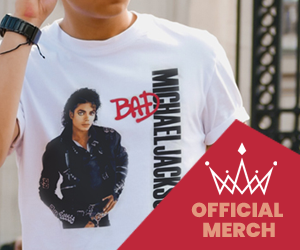If Michael Jackson were still alive, tomorrow would be his 56th birthday. And though he passed away more than five years ago, fans across the country–from his onetime home of Las Vegas to his birthplace of Gary, Indiana–and around the globe will be celebrating the King of Pop as though he never left.
In many ways, he hasn’t. Songs from his latest posthumous album, Xscape, have been soaring across the summer airwaves. And from a financial perspective, Jackson couldn’t be more alive: he’s raked in over $700 million in the past half-decade–the most lucrative stretch of his career since the late 1980s–and has out-earned every living act measured by FORBES over that span.
Yet amidst this Jacksonian renaissance, a few stubborn narratives persist in corners of the mainstream and tabloid media, even as his image and finances have undergone something of a metamorphosis. That unfortunate reality is one of the more fascinating ones I’ve observed since releasing my book, Michael Jackson, Inc., earlier this summer.
The book has put me in a unique position to observe such trends. Thanks to the magic of the internet—Google GOOGL -0.34% alerts and Twitter TWTR +2.85% updates, in particular—I’ve been able to find most of the reviews of the book within hours of their publication.
As a writer, I’ve been mostly pleased with the reactions to Michael Jackson, Inc. It’s been covered by outlets from Billboard to Vibe to the Chicago Tribune. Amazon named it Book of the Month in Business & Leadership and USA Today dubbed it one of “the hottest titles this season,” while Kirkus called it “a useful, informative examination” and Ebony said it “offers a perspective fans around the world may have never seen.”
But in a couple of cases, the reviews barely addressed the book at all; rather, they merely seemed like excuses to rehash old arguments and heap judgment on the King of Pop. Quite a few would be better characterized not as reviews of Michael Jackson, Inc., but of Michael Jackson himself.
For instance, the Wall Street Journal review began with the writer’s opinions of the King of Pop, describing him as “a minor god,” “a tricky deity,” “perhaps a child molester” and so forth (never mind the fact that Jackson was cleared of all charges leveled against him).
The Washington Post, meanwhile, focused on Jackson’s “oddball exploits and alleged crimes,” complaining that the book “leaves out the juicy stuff to focus on the pop icon as a business entity” (despite the fact that delving into the finances of Jackson’s career is the title’s stated purpose).
To be clear: as an author, I’m thrilled that such publications took an interest in my work, and I certainly respect the right of fellow writers to state their opinions, even if I disagree with them. But it amazed me that those refrains still often surround any exploration of Jackson’s life and legacy, even one focused on his finances.
Those sorts of attitudes have been noticed by others who’ve studied Jackson in depth, from my friend Joe Vogel, author of Man in the Music, to the late James Baldwin, who famously wrote:
The Michael Jackson cacophony is fascinating in that it is not about Jackson at all. … He will not swiftly be forgiven for having turned so many tables, for he damn sure grabbed the brass ring, and the man who broke the bank at Monte Carlo has nothing on Michael. All that noise is about America, as the dishonest custodian of black life and wealth; the blacks, especially males, in America; and the burning, buried American guilt.”
Jackson indeed turned many tables. And though few will deny his eccentricity, his many accomplishments include serving as the Jackie Robinson of the music video era. He forced MTV, once the province of white rockers, to add the work of black artists to heavy rotation, beginning with “Billie Jean.”
By buying the Beatles’ publishing catalogue in 1985, Jackson flipped the paradigm of artist-as-employee on its head, replacing it with the notion of artist-as-owner. He then pioneered new ways of monetizing superstardom, launching his own clothing line, sneakers, video games and more–paving the way for modern celebrity-moguls like Jay Z and Diddy.
Though those narratives are making progress, they haven’t sunk in across all corners of the press. As journalists, we have a duty to push aside subjective notions and focus on the objective truth. In the case of Jackson, it seems for many observers the subjective has settled over the years like sediment at the bottom of an ancient ocean, forming a solid mass still sometimes mistaken for objectivity.
Five years after Jackson’s death, some of those layers seem to have been worn away, judging by the resurgence of his work–his earnings provide unmistakable evidence of a shift. Given his continued impact on global culture and the business of entertainment, it seems likely that trend will continue, but there’s still a ways to go before the objective fully overcomes the subjective.
That’s a good goal to set as a future birthday present for the King of Pop.
SOURCE: FORBES





